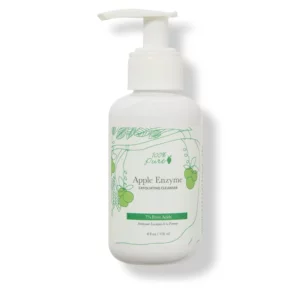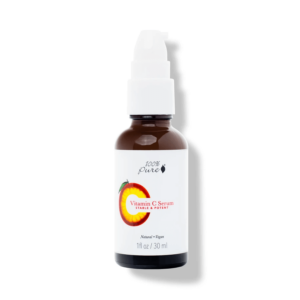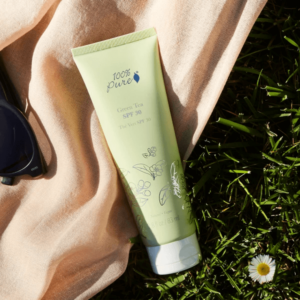Say Goodbye to Dark Spots

Post-inflammatory hyperpigmentation (PIH) is a common skin concern that occurs as a result of acne, inflammation, or injury. Dark spots and discoloration can be frustrating, but with the right approach, you can manage and prevent PIH effectively. In this article, we will provide you with practical tips and insights to minimize the appearance of dark spots and discoloration caused by PIH. By incorporating a mindful skincare routine, utilizing clean beauty brands and organic products, and following preventive measures, you can achieve a clearer and more even-toned complexion. Let’s dive into the world of managing and preventing post-inflammatory hyperpigmentation.
Understanding Post-Inflammatory Hyperpigmentation
Causes and Triggers: Post-inflammatory hyperpigmentation is typically caused by an overproduction of melanin, the pigment responsible for skin color. It can be triggered by various factors, such as acne breakouts, skin inflammation, eczema, psoriasis, or any form of skin injury.
Differentiating Hyperpigmentation Types: Hyperpigmentation can manifest in different forms, including acne scars, sunspots, melasma, or dark patches. Understanding the specific type of hyperpigmentation can help you tailor your skincare routine and treatment approach.
Impact of Sun Exposure: Sun exposure can worsen existing hyperpigmentation and make it more challenging to fade. Protecting your skin from harmful UV rays is crucial in managing and preventing further pigmentation issues.
Minimizing Dark Spots and Discoloration
Gentle Cleansing and Exfoliation: Cleanse your skin with a mild, non-irritating cleanser to remove impurities without stripping away natural oils. Incorporate gentle exfoliation into your routine to promote cellular turnover and gradually fade dark spots. Look for exfoliating products containing alpha hydroxy acids (AHAs) or beta hydroxy acids (BHAs) from clean beauty brands and organic products.

Targeted Treatment with Brightening Ingredients: Incorporate skincare products formulated with brightening ingredients to fade dark spots and even out skin tone. Look for products containing ingredients like vitamin C, niacinamide, licorice extract, or kojic acid. These ingredients can help inhibit melanin production and promote a brighter complexion.

Hydration and Sun Protection: Hydrating your skin is essential to maintain its health and support the healing process. Opt for lightweight moisturizers or serums that provide hydration without clogging pores. Additionally, always apply a broad-spectrum sunscreen with SPF 30 or higher to protect your skin from harmful UV rays.

Preventing Post-Inflammatory Hyperpigmentation
Avoid Picking or Squeezing Acne: Resist the temptation to pick or squeeze acne lesions, as this can lead to increased inflammation and a higher risk of developing PIH. Instead, opt for spot treatments with soothing and anti-inflammatory ingredients to reduce acne breakouts.
Protect Your Skin from the Sun: Sun protection is crucial in preventing further hyperpigmentation. Wear a broad-brimmed hat and seek shade when the sun is strongest. Reapply sunscreen every two hours, especially if you’re spending prolonged periods outdoors.
Proper Wound Care: If you experience any skin injuries, it’s essential to practice proper wound care to minimize the risk of developing hyperpigmentation. Keep the area clean, apply a gentle antibacterial ointment, and cover it with a sterile bandage to protect it from environmental irritants.
Post-inflammatory hyperpigmentation can be a frustrating and stubborn skin concern, but with consistent and targeted care, you can effectively manage and prevent its occurrence. By embracing a gentle skincare routine, incorporating clean beauty brands and organic products, and protecting your skin from sun damage, you can minimize dark spots and achieve a more even-toned complexion. Remember, patience is key when addressing hyperpigmentation, as it takes time for the skin to heal and regenerate. With perseverance and the right approach, you can regain skin clarity and feel confident in your skin once again.




